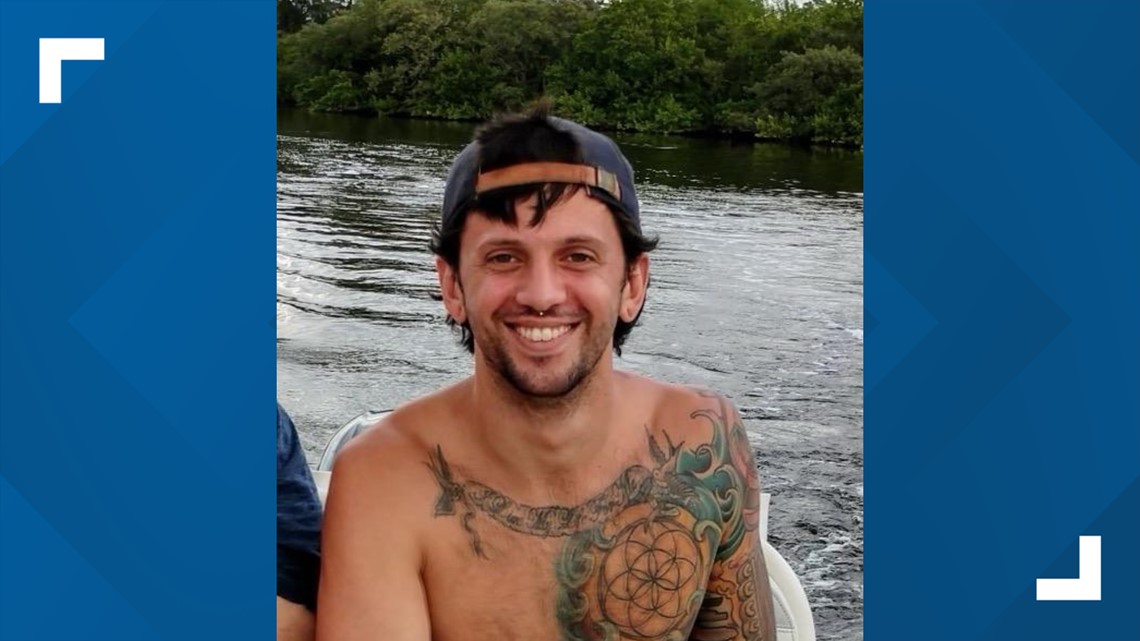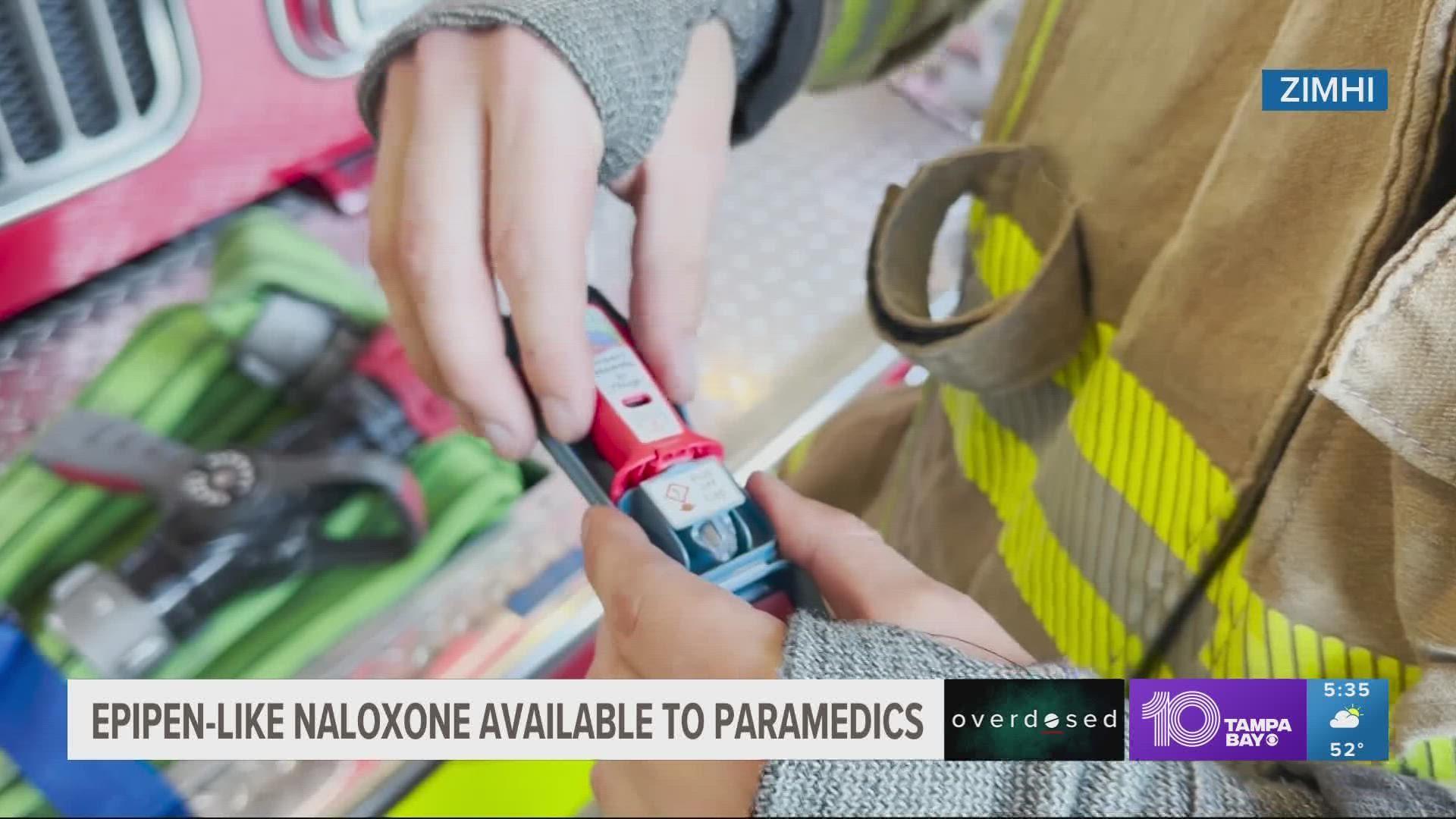TAMPA, Fla. — With fentanyl deaths skyrocketing nationwide, including in Florida, officials and advocates are looking at prevention efforts to stop overdoses related to fentanyl.
One of those ways is by using a fentanyl drug testing strip. But they’re illegal in the state of Florida.
“He always talked a lot since he was a baby,” Kathy Fooshee said, as she spoke about her son, Nick. “Nick was always somebody who marked to a tune of a different drummer. Always a little bit different.”


27-year-old Nick Malamatos passed away in 2019.
“Ryan was so funny. He had a sixth sense for animals,” Shelby Cooper said, as she looked at recent photos of her brother Ryan. “He has the biggest smile on his face.”
22-year-old Ryan Cooper passed away in 2021.
“If anything I feel like it gets harder because the shock is starting to wear off and this is my new reality that he’s not here,” Cooper said.
“You can’t describe what it’s like to lose a child. Nobody should have to bury a child,” Fooshee said.
Both men battled addiction over the years. When Ryan passed, he had just popped a counterfeit pill.
“He had no clue. He did not take those pills intending to die. He had just washed his face. He had collapsed on the floor right outside the bathroom,” said Cooper. “He just didn’t know there was fentanyl in it.”
Nick had just purchased heroin. His mom, Kathy, says that morning, she had just got up around 6 a.m. to check on him and he was slumped over in his bed.
“I called 911 and they couldn’t bring him back,” Fooshee said. “A few months later the medical examiner said it was heroin laced with fentanyl. I asked the girlfriend if he knew there was fentanyl in it and she said no.”
According to the latest state data, deaths involving fentanyl increased by 63 percent from 2019 to 2020. And it’s only getting worse.
“The latest meeting was with the Hillsborough Medical Examiner. They say, ‘we are going to exceed overdose deaths again this year’ and fentanyl is leading the way,” Cindy Grant, with the Hillsborough County Drug Alliance, said.
With fentanyl being laced in so many drugs, there may be a way to stop the overdose deaths, advocates say. Fentanyl drug testing strips can detect whether fentanyl is present in the drug. They are less than a dollar on Amazon. However, if you tried to order them in Florida, you’d be breaking the law.
“They thought at the time it would be enabling drug use but right now what we are seeing with fentanyl, it would save their lives,” Grant said.
Arizona Senator Christine Marsh lost her son Landon to an overdose. The drugs were laced with fentanyl.
“I miss him every day,” Marsh said.
Arizona was one of 10 states across the country where drug testing strips are illegal. She says she was shocked when she heard the strips were labeled as drug paraphernalia.
“I was absolutely stunned. It is, it is so illogical to me. And I would really like to see, you know, state after state go through the process of legalizing them,” Marsh explained.
It’s why she wrote a bill to legalize fentanyl drug testing strips in Arizona. It passed with bipartisan support.
“It is not going to stop the opioid crisis. It's not going to stop fentanyl overdoses, but it does provide one more valuable tool to be used to keep people alive,” said Marsh.
Florida also introduced a bill last session to legalize these strips. It never saw any movement, but lawmakers are hopeful that won’t be the case this coming year.
State Senator Jason Pizzo said, “It’s productive that a Narcan bill passed this past session because that opens up the conversation for test strips.”
“It would be a great tool for people who are using drugs but would give them that chance to get clean to turn their life around,” said Cooper.
“Drug dealers are putting it into everything now these days,” Fooshee said. “I would’ve done anything to bring him back, hopefully, give him more time to fight the addiction.”
A study done in North Carolina in 2019 looked at the effectiveness of the strips. The conclusion reads:
"Fentanyl test strips may represent an effective addition to current overdose prevention efforts when included with other evidence-based strategies to prevent opioid overdose and related harm."

